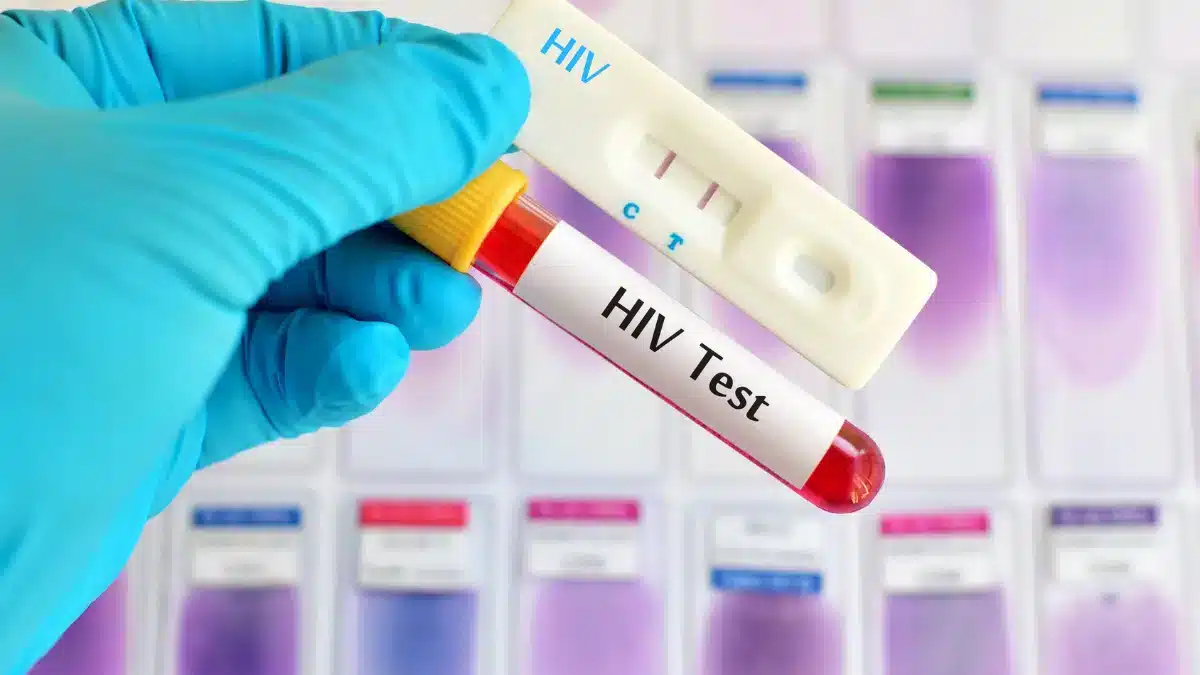Is HIV a Disability: Understanding Legal and Medical Perspectives
Human Immunodeficiency Virus (HIV), once perceived as a life-threatening diagnosis, has evolved significantly with advancements in medical science.
This transformation prompts a critical examination of its categorisation as a disability.
While medical interventions have turned HIV into a manageable chronic condition, the implications of this shift extend beyond health considerations.
Understanding whether “is HIV a disability” entails navigating the intricate intersections of medical impact, social perception, and legal frameworks. Continue reading to know more about this.
Is HIV considered a disability

The definition of disability varies across regions and legal frameworks.
In many jurisdictions, disability encompasses physical or mental impairments substantially limiting major life activities.
In this context, HIV can be considered a disability due to its impact on an individual’s immune system and overall health.
It can limit one’s ability to carry out daily activities and may require ongoing medical care, which aligns with the criteria for disability classification.
The Americans with Disabilities Act (ADA), enacted in 1990, protects people with disabilities from unjust treatment.
Within this act, HIV and its progressive stage, AIDS, are acknowledged as disabilities, regardless of visible symptoms.
This acknowledgement guarantees defence against bias across various life domains, such as job prospects and entry to public facilities.
The ADA stands as a crucial shield against bias for individuals living with HIV/AIDS.
Under the ADA, individuals diagnosed with HIV have the right to request reasonable accommodations in the workplace.
These accommodations aim to facilitate the fulfilment of essential job functions without discrimination.
Regardless of the workforce size, employers are mandated to provide such accommodations to ensure fair treatment.
However, this classification does not uniformly guarantee eligibility for Social Security Administration (SSA) benefits.
The SSA evaluates disability based on the condition’s severity, primarily focusing on its impact on an individual’s ability to work continuously for a minimum of 12 months or expectation of death.
The SSA has strict rules for getting disability benefits related to HIV/AIDS, unlike the broad ADA definition.
SSA assessments weigh various factors, including medical records, symptoms, and the duration of impairment, to determine disability status.
Notably, not all HIV cases automatically qualify as disabilities under SSA guidelines.
Additional benefit programs

Besides SSA benefits, several other benefit programs cater to individuals affected by HIV/AIDS.
Medicaid, Medicare, and the Ryan White Program provide essential healthcare coverage and financial aid to those affected by HIV/AIDS.
Meanwhile, the Veterans Administration focuses on delivering specialized medical services and support to former military personnel dealing with the condition.
Addressing discrimination and seeking redress
Individuals experiencing discrimination due to their HIV status can seek recourse through established legal channels.
The ADA outlines steps to address discrimination, from informing managers about legal protections to seeking mediation services and, if necessary, filing complaints with the Department of Justice.
Seeking support from community organizations specializing in HIV-related discrimination can offer guidance and assistance throughout the process.
Understanding one’s rights under the ADA is crucial in navigating the legal avenues available to combat discrimination.
Conclusion
HIV is considered a disability due to its impact on health and daily life.
Laws like the Americans with Disabilities Act (ADA) of 1990 protect those with HIV/AIDS from discrimination in work and public life.
However, not all cases automatically get Social Security benefits.
Other programs like Medicaid and the Ryan White Program offer healthcare support.
Knowing ADA rights and seeking help from community organizations is essential to fight discrimination.
So, while HIV is seen as a disability in some laws, support and awareness are vital for fair treatment and protection against bias.
Frequently Asked Questions
Does HIV qualify as a disability?
Yes, HIV can be considered a disability under certain conditions. However, eligibility for disability benefits varies based on the severity of the condition and its impact on an individual’s ability to work.
Can someone with HIV live a normal life?
Yes, with proper treatment and care, many people with HIV can lead normal lives. Medications help manage the virus, allowing individuals to maintain good health and continue daily activities.
Can an HIV patient look healthy?
Yes, many people with HIV can appear healthy. Modern treatments can effectively control the virus, leading to good health and a lack of visible symptoms in some cases. However, it’s crucial to consult with a doctor for proper evaluation and ongoing care, even if there aren’t visible symptoms
What if I’m HIV positive?
If you’ve been diagnosed with HIV, seek medical care promptly. With proper treatment and adherence to medication, you can lead a fulfilling life and manage the condition effectively. Regular check-ups are essential for ongoing health.
WowRx uses only high-quality sources while writing our articles. Please read our content information policy to know more about how we keep our content reliable and trustworthy.






